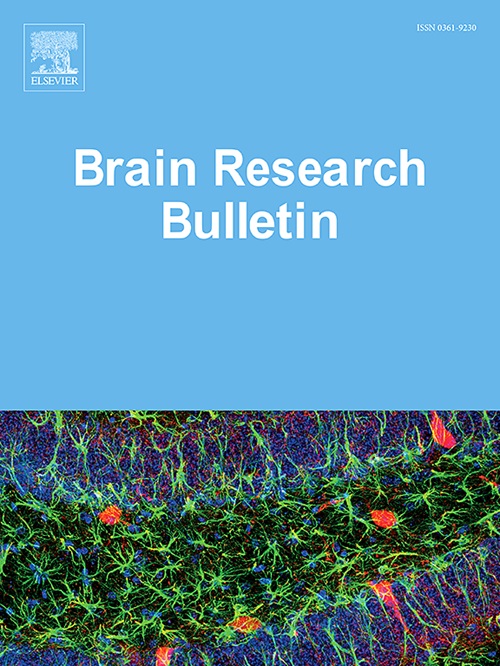Adenosine 5’-monophosphate induces hypothermia and alters gene expressions in the brain and liver of chicks
Abstract
The adenosine A1 receptor is important for body temperature regulation in mammals; however, little is known about its function in avian species. In this study, we investigated the effects of the adenosine A1 receptor agonist and antagonist (adenosine 5′-monophosphate [5′-AMP] and 8 p-sulfophenyl theophylline [8-SPT], respectively) on thermoregulation in chickens. Male chicks were used in this study. After administration of 5′-AMP and 8-SPT, the rectal temperature, plasma metabolites, and gene expressions in the hypothalamus and liver were measured. The rectal temperature was reduced by peripheral administration of 5′-AMP, and the hypothermic effect of 5′-AMP was attenuated by central injection of 8-SPT in chicks. In the hypothalamus, the mRNA level of the agouti-related protein (AgRP) was increased by 5′-AMP administration, whereas it was suppressed by 8-SPT. The plasma levels of free fatty acid were elevated in 5′-AMP-treated chicks and that elevation was suppressed by the 8-SPT treatment. The gene expression of proopiomelanocortin in the hypothalamus was affected by 8-SPT. Nevertheless, the gene expressions of the thermoregulation-related genes, such as the thyrotropin-releasing hormone, were not affected by 5′-AMP and 8-SPT. Hepatic gene expressions related to lipid intake and metabolism were suppressed by 5′-AMP. However, the gene expression of the uncoupling protein was upregulated by 5′-AMP. Based on these results, birds, like mammals, will undergo adenosine A1 receptor-induced hypothermia. In conclusion, it is suggested that 5′-AMP-mediated hypothermia via the adenosine A1 receptor may affect the central melanocortin system and suppress hepatic lipid metabolism in chickens.





